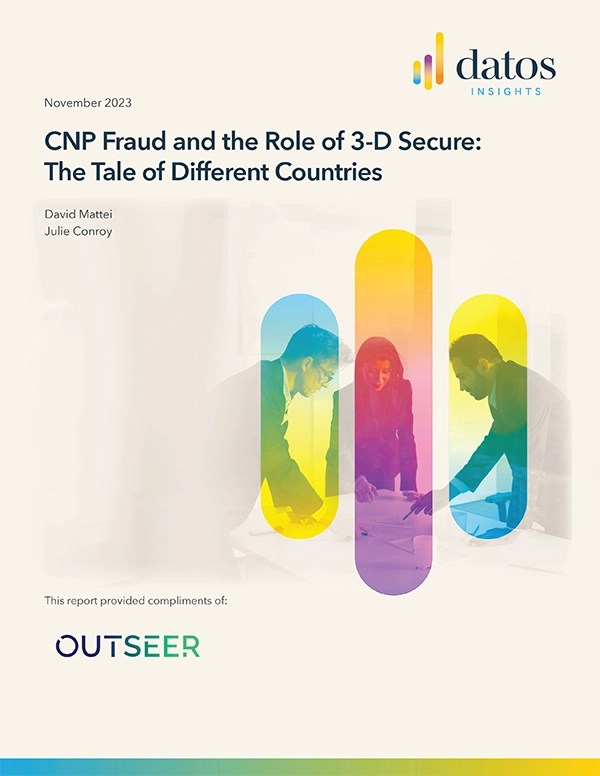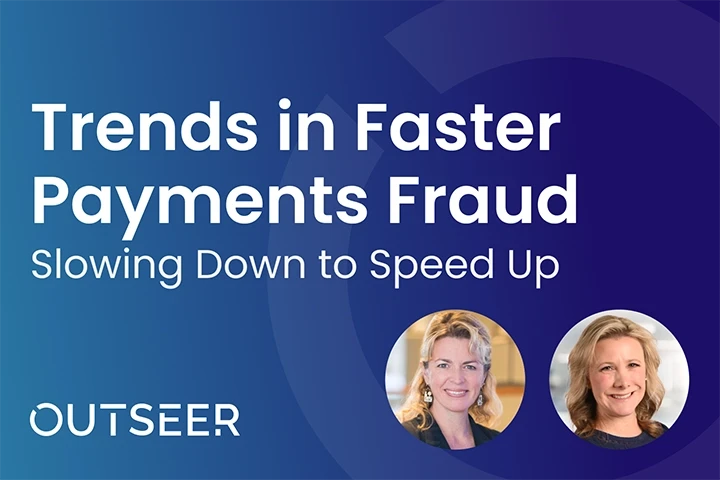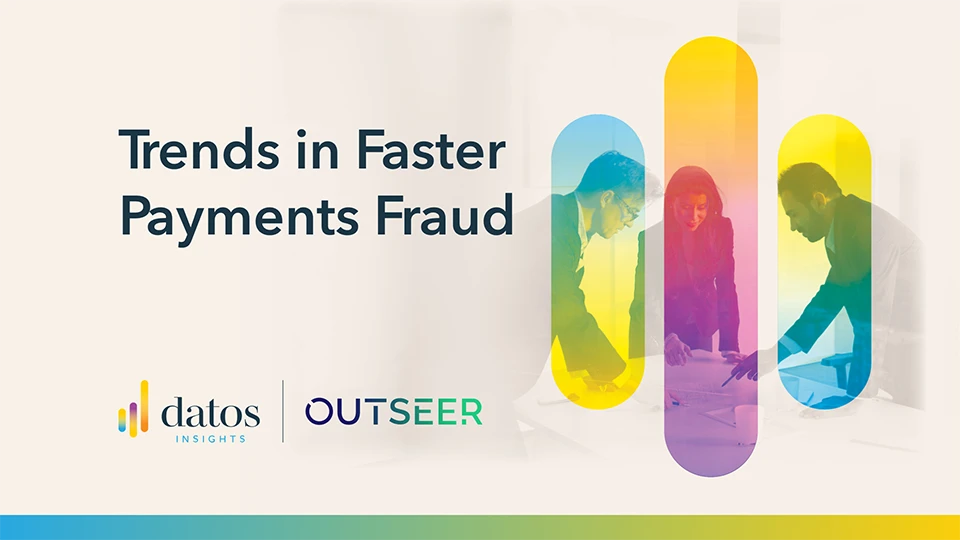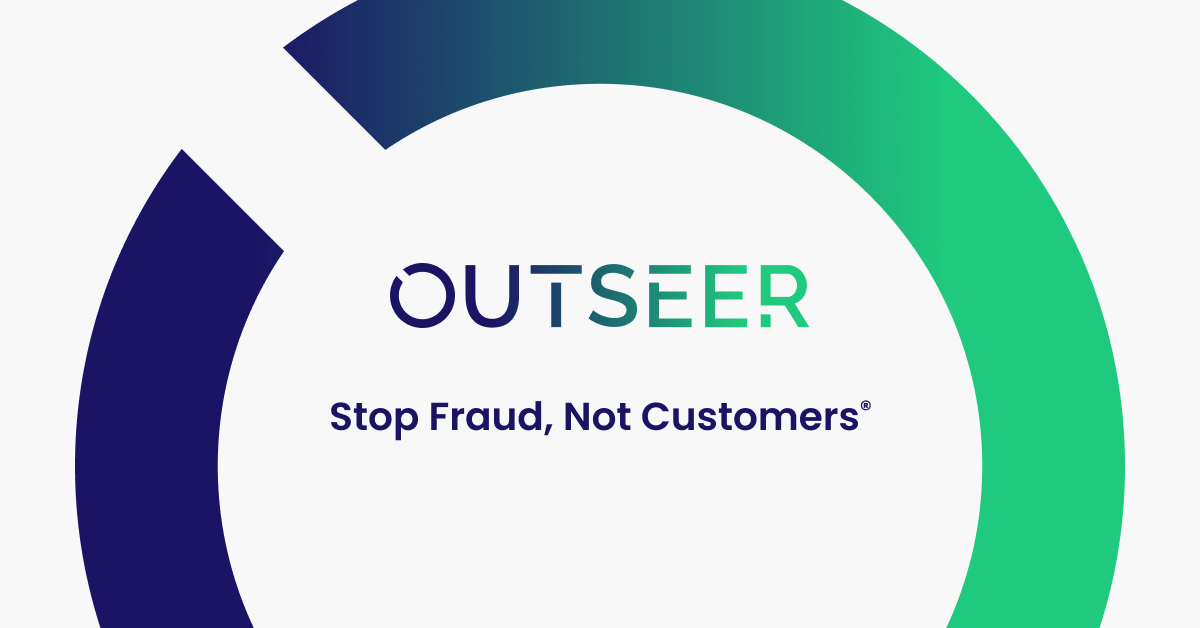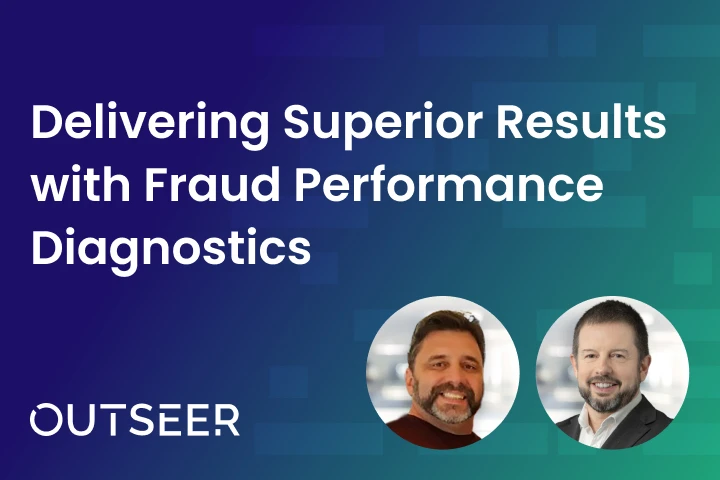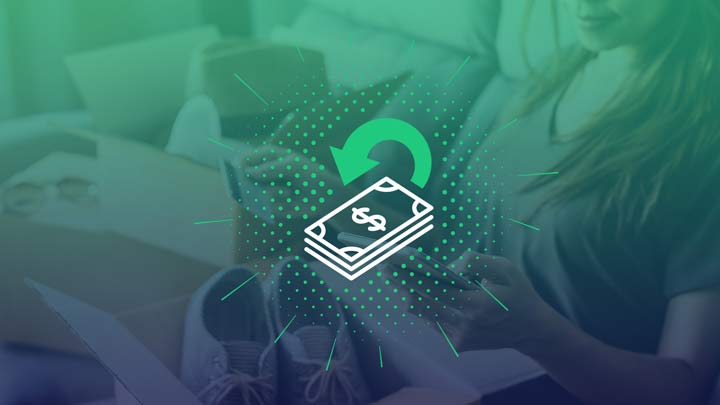Amid fierce competition and rising shipping costs, a growing number of online retailers have a delightful reply to customers looking to return an item: Go ahead and keep it—on us. Can a spike in chargeback fraud be far behind?
The answer to that question is really a matter of scale. Because without the right measures in place, the hit to margins from the current wave of “returnless refunds” could be even worse than many realize.
To understand why, let’s start with the backdrop.
In a competitive ecommerce environment that has only grown more cutthroat during pandemic, returns have emerged as a key growth strategy. How well, and how frictionless merchants make the process, the more loyal their customers become.
The problem: Return rates for items purchased online have more than doubled over the last few years—reaching as high as 30% or more. Throw in shipping and another $10-$20 to process returns that in many cases can’t be resold, and you’re talking real money. As early as 2017, Amazon and others realized that in many cases, it can be cheaper to just refund customers and let them keep the items. Walmart, Target, and countless others followed suit.
According to the Wall Street Journal, the cost of returnless refunds topped $4.4 billion in 2021. But now, the economics of “returnless refunds” is about to grow a whole lot more costly.
The Rising Cost of Returnless Refunds
Last month’s holiday ecommerce bonanza? It’s giving way to as much as $120 billion in returns. United Parcel Service (UPS) alone reports it handled more than 60 million return packages from mid-November through January 22—a 10% increase from the previous year. FedEx says its return volume has set a record high.
But as the Journal reports, it will get worse in the months ahead. UPS and FedEx both say their prices will go up an average 5.9% in 2022. Those are the highest price increases in nearly a decade. And in the inflationary moment we’re living in, merchants’ own higher wages mean it’ll cost even more for them to process returns.
In short: It could become a whole lot cheaper to let customers keep a whole lot more products—a boon for legitimate shoppers, unscrupulous customers and opportunistic crooks wielding stolen credit card numbers alike.
According to a recent study, chargeback fraud already leads to $25.3 billion in annual loss. But with returnless refunds on the rise, all parties will need to become more vigilant against possible chargeback fraud—”friendly” and otherwise—without increasing friction for legitimate (but fickle) customers.
How to Secure More Revenue, Less Loss
That last part is key. At a time when cart abandonment continues to impact 75% of all purchases, credit card companies, banks, and payment processors must layer in in fraud defenses that don’t negatively impact the shopping experience.
Our own solutions, for example, combine machine learning, identity science and globally shared transaction intelligence to block CNP purchases made using stolen credit card numbers, as well as those that are likely to result in direct chargeback fraud—returnless or otherwise.
In real-world deployments, Outseer prevents 95% of all fraud loss while interrupting just 5% of all transactions. That’s the best performance in the industry. In fact, we protected more than $100 billion in payment transactions in just the first half of 2021, saving as much as $600 million in potential chargeback fraud along the way.
As it stands now, 44% of merchants report experiencing return abuse of some kind over the past 12 months, and 66% say it has been getting worse. Given conditions, returnless refunds may complicate the battle against chargeback fraud in 2022 and beyond.
To learn how you can protect your customers against chargeback fraud in all its forms, request a free demo today.
